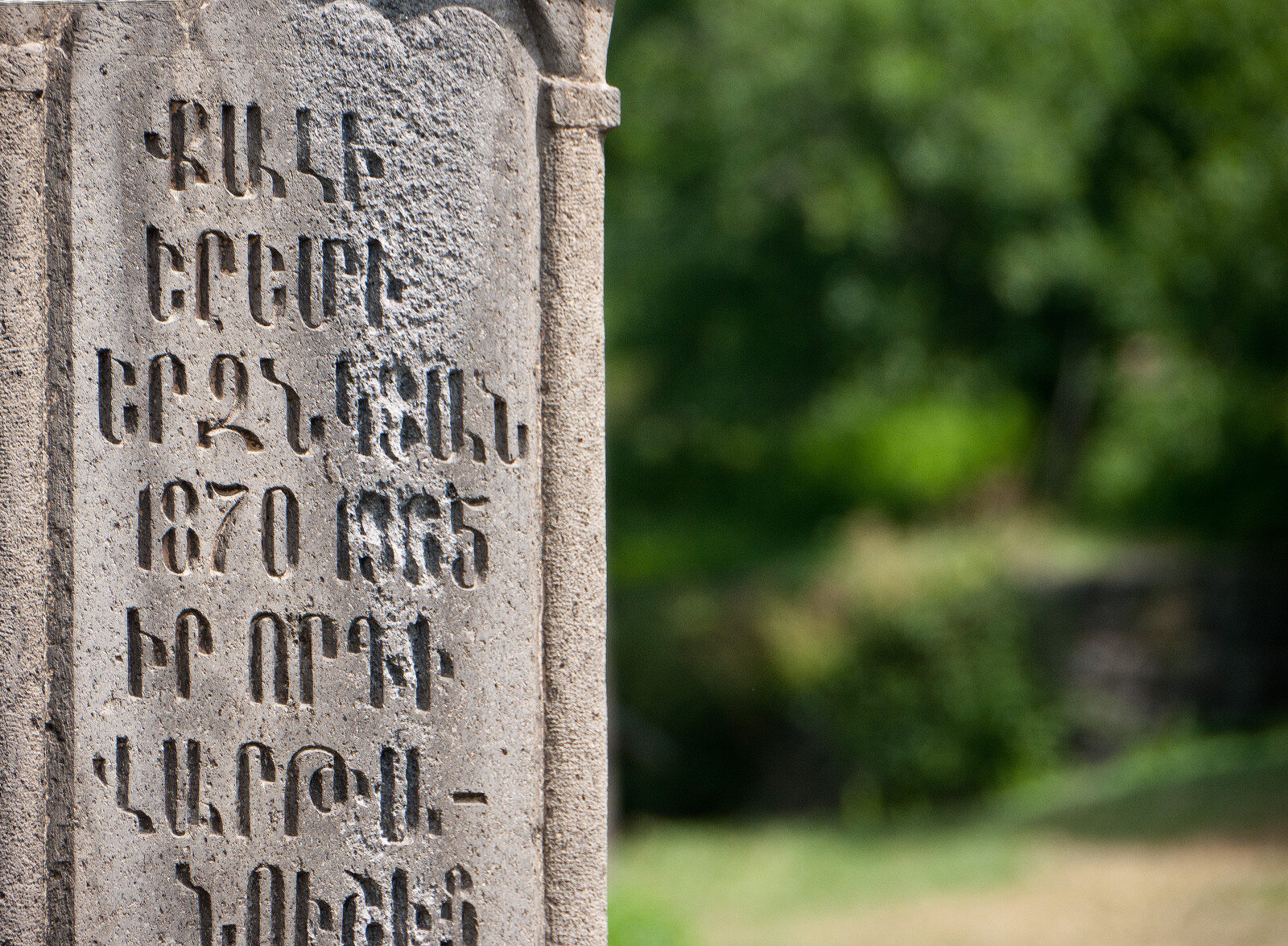TALK Japan and the refugees 100 years ago: Focusing on Armenians
Date: December 9 (Fri.), 2022
Time: 16:40-18:40
Venue: Doshisha University, Imadegawa Campus, Fusokan 103 (in person)
Speaker: Meline Mesropyan (Tohoku University)
Language: English

©Lorenzoclick, ARMENIA. Taken on July 31, 2011 (No change has been made)
ABSTRACT
The Armenian Genocide (1915-23) committed by the Ottoman Empire created 800 thousand Armenian refugees who spread all around the world. Several hundreds, if not thousands out of them passed through Japan and left to the US and Europe between 1915 and 1930. Unlike other Armenian refugee destinations throughout the world, such as Syria, Russia, the USA, France, Lebanon, Canada etc., the Armenian Diaspora has never taken root in Japan. The country served only as a temporary shelter for refugees. This is perhaps why Japan has never been considered as a relevant research site for the study of the Armenian refugees. However, research findings have revealed that a relatively unknown part of the Armenian Diaspora’s story does indeed exist on the islands of Japan.
Today in the light of refugee crises existing around the world, it is important to look back on history and try to understand the connection between past and present refugee crises.
This paper sheds light on the history of refugees in Japan focusing on the Armenians, who by fleeing the Armenian Genocide reached Japan via the Siberian railway at the beginning of the 20th c. Firstly, the international status of refugee recognition and the situation in Japan will be examined. Then the passports of certain Armenian refugees will be presented. Finally, the case of Armenian refugees will be discussed by using the Japanese diplomatic correspondence.
SPEAKER’S PROFILE
Dr. Meline Mesropyan was born and raised in Yerevan Armenia and initially earned her bachelor degree in Japanese linguistics. She is a recent graduate (March 2019) of Tohoku University’s Graduate School of International Culture in Sendai, Japan. She has spent the last 6 years as a masters and PhD student researching the life and work of Diana Apcar. Her PhD dissertation, written in Japanese and making extensive use of Japanese archival data, dealt with the Japanese government’s processing of Armenian refugees during WW1 and Diana Apcar’s role in this. She is currently in the process of developing her PhD dissertation into a book on the life and work of Diana Apcar.
REGISTRATION
Please submit the Participation Form to register.
CONTACT
CHOI Safa (Doshisha University, Faculty of Social Studies)
sachoi@mail.doshisha.ac.jp
